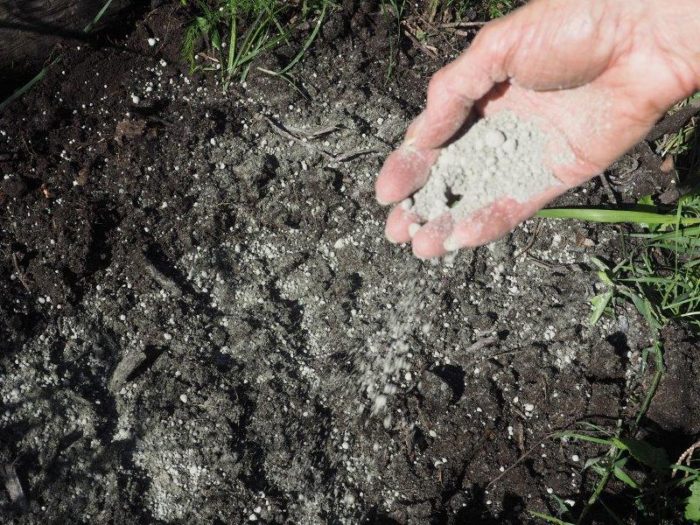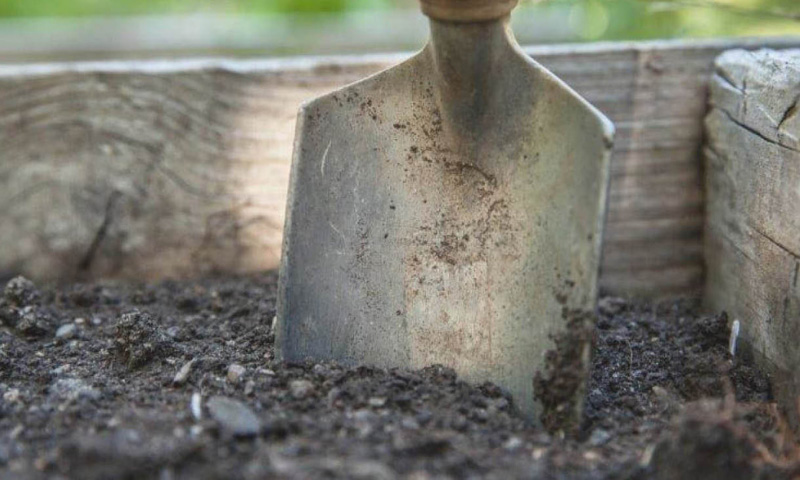Over thousands of years, essential minerals have been continually taken out of the soil by plants, often to the point of exhaustion. Many Australian farmers understand the problems associated with declining soil fertility, as they are having to use increasing amounts of high analysis fertiliser, crop protectants and tillage in an attempt to maintain or improve production.
Unfortunately, such high inputs can disrupt the delicate balance of soil life, leading to a decline in soil structure and nutrient availability. Gradual deterioration in soil fertility and soil structure problems is becoming a major challenge in agriculture, causing many farmers to reconsider their soil management programs.
Improving soil health is imperative to the health of humans because if soil and plants are depleted of essential nutrients then even if we eat the healthiest of foods, we will not be getting all of the minerals that we need. The health of the soil is just as important for our home gardens as it is for agricultural enterprises if we want to grow beautiful, vibrant flowers or nutritious, pleasant-tasting fruit and vegetables.
To help improve the soil fertility in your gardens, it is important to invest in these three key aspects:
- Nutritional – supply of mineral elements
- Biological – stimulation of microbe and worm activity
- Structural – improvement of soil aggregation
Minerals: the building blocks for soil health
With over twenty mineral elements being essential for optimum plant nutrition, soil remineralisation is a key factor to restore natural fertility to your soil
This article is going to focus on ways to remineralise your soil. Think of your soil as a living, breathing organism that needs feeding and watering to survive. Manures and organic fertilisers are a great source of macro minerals such as nitrogen, phosphorus and potassium. However, it is essential that crucial trace elements are provided for soils and plants to really succeed.
Rock minerals are a natural mineral fertiliser that are made up of specific types of rock that contain important trace elements that are essential for the productivity, health and growth of the plant as well as the soil. Applying rock minerals won’t give your plants an instant fix as they break down slowly with the help of soil microbes and fungi. Another interesting benefit for adding rock minerals to your soil is that it will help create more organic matter, which in turn helps to hold the soil in place and conserve water. Soil erosion is a side effect of the shortage of minerals to support the microbial life in the soil.

How can rock minerals help my garden?
Fertilising your garden with rock minerals can help revitalise the soil by:
- Providing slow release trace elements
- Increasing microbial life
- Helping build more soil
- Increasing nutrition to plants
- Helping increase water retention in the soil
- Reducing the need for chemical fertilisers
- Supporting increased pest resistance
- Increasing yield
- Being safe to use on native and exotic plants
The use of rock minerals is most effective when mixed into the topsoil with some organic compost. It is best practice for rock minerals and compost mixtures to be incorporated into the top few inches of soil if possible, however it is also effective for minerals to be broadcasted or spread by hand if you use a no-till method of gardening.
NatraMin Mineral Fertilisers and Soil Conditioners are formulated to restore bio-activated broad spectrum macro minerals and trace elements to your soil, assisting to improve the three aspects of soil fertility. In addition to providing broad spectrum minerals, all blends of NatraMin are formulated to stimulate microbe and worm activity in your soil, helping to release locked up nutrients for your crop.
Ask at your preferred store for NatraMin or for further information, please contact AgSolutions on 1800 81 57 57.
